| Last visit was: 05 May 2024, 02:10 |
It is currently 05 May 2024, 02:10 |

Customized
for You
Track
Your Progress
Practice
Pays
| FROM Tuck Admissions Blog: 7 Traits of our Strongest Applicants |
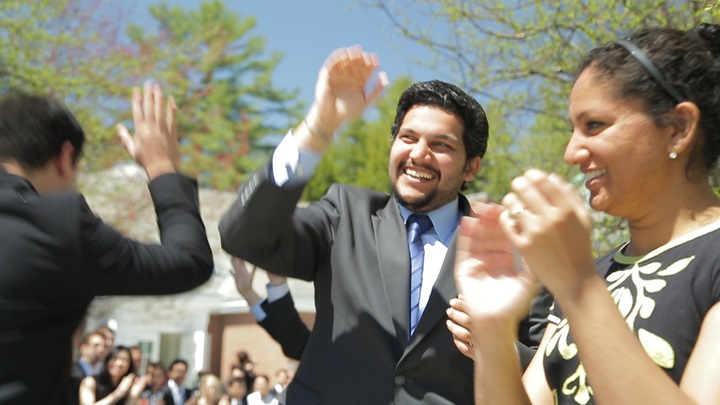 While each candidate has their own unique story and path, there are traits that successful applicants generally have in common. In our experience, the following seven have resonated strongest and most often. 1) They’re prepared. They can clearly and articulately communicate why they want an MBA, how it will help them reach their goals, and why this is the right time to pursue it. Furthermore, they know the school they’re applying to. All elite b-schools have top-notch faculty, rigorous curriculum, and access to jobs with the world’s leading companies and organizations.Successful applicants know what sets the programs they are applying to apart. They are also able to talk about what excites them, how they hope to make an impact while they are at school (and beyond), and they have great questions that delve deeper into the essence of each school. 2) They know themselves. They have a high level of self-awareness and can talk confidently about their strengths and weaknesses, their short-and long-term goals, and the unique talents and experiences they will bring to the classroom and the community. They have taken the time to be introspective, enabling them to know definitively what they’re looking for in an MBA-program, and why. They know the community they’re looking for, and why a particular culture works best with their circumstances and personality. 3) They demonstrate leadership qualities, and are also team members. There’s a time for everything, and a successful applicant recognizes this. They know when to lead and when and how to contribute outside of a leadership role. While the MBA will cultivate leadership abilities and opportunities to practice what you learn, collaboration is equally important. This balance is especially valued at Tuck. 4) They focus on the aspects of their application they can control. There are some aspects of the application process that are completely out of your hands. For example, there’s no controlling the application strength of other candidates applying during that particular application cycle. And once you’ve hit submit, the patience required as you’re waiting for a decision is immense. Instead of dwelling on outside factors, be extra diligent in the areas that you can control such as choosing appropriate recommenders, participating in extracurricular endeavors, taking on leadership roles when possible, etc. When you’re confident you’ve submitted your strongest possible application, you’ll feel much more comfortable with the factors you can’t control. 5) They’re passionate. This is reflected in their goals, their plans to have an impact in the MBA community they choose, and in how they present themselves throughout the application process. Regardless of how untraditional a successful applicant perceives their background or post-MBA plans to be, having the ability to clearly articulate these and why they’re important is far more impressive than telling us what you think we want to hear. It’s hard to fake passion and we can tell when something doesn’t quite fire you up! 6) They’re genuine and enthusiastic. If you’ve already checked off the rest of this list, this one may come naturally to you. Successful applicants present their true self throughout the journey. They realize that everyone they speak to is a part of the admissions process and treat them kindly and with respect.They demonstrate a deep understanding of themselves and which unique traits and strengths are at the core of who they are.The opportunity to get an MBA from a top business school is special, and they treat it as such. 7) They connect the dots. The successful applicant presents themselves in a consistent and clear way throughout all pieces of the application. They pull each individual component into one holistic understanding of themselves and their goals and present a complete narrative that helps the admissions committee have a meaningful understanding of who they are, what goals and aspirations are leading them down the MBA path, and the types of unique contributions they will make to the school they choose. |
| FROM Tuck Admissions Blog: 2016 IPADE Business School Case Competition in Mexico |
|
By Katelyn Baldwin T'17 Katelyn is from Wasilla, Alaska. She graduated from Stanford in 2009 with a BA in international relations and minors in African and Middle Eastern languages and Jewish studies. Before Tuck, she spent nearly five years in international development working for Chemonics International, an implementing partner of the U.S. Agency for International Development. Outside of the office and classroom, she enjoys flying planes, hiking up mountains, playing basketball, and swimming. Every year, two students from a handful of top MBA programs around the globe converge in Mexico City to compete in the final round of IPADE’s annual business school case competition. IPADE, a leading business school in Latin America and one of Tuck’s MBA partner exchange schools, graciously opens its doors for the weekend to host the international and regional visitors (including students from India, Argentina, Bolivia, Spain, Canada, to name a few countries). In February, Steve Janco T’16 and I flew down from New Hampshire to represent Tuck. Upon arrival, after a fantastic welcome breakfast with traditional Mexican food, we were greeted by the IPADE program director and led on a tour of the facilities. IPADE’s campus – a converted seventeenth century hacienda – is incredibly lovely. During team breaks in the following days, we would wander outside into the quaint cobblestone courtyard filled with flowers and greenery. After the tour, we got down to business. The students were divided into teams of five comprised of three to four IPADE students from multiple campuses, and one to two international students. The IPADE students had already competed in teams against each other to reach the final round, so they all came to the table rearing to the crack the case! While Deloitte and Novartis are both sponsors of the competition, this year, Novartis provided the final round case. It focused on innovative ways for Novartis to maintain double digit growth in the Mexican market for its flagship drug Lucentis. Lucentis is an important medication used in the treatment of wet age-related macular degeneration among other ocular complications. The challenges presented included an environment of increasing competition, reduced budgets, and patent expiration. Within 24 hours of receiving the case, each team had to analyze large quantities of quantitative and qualitative data, and prepare and present credible, compelling recommendations to senior level representatives of the two firms. In my group, I was the only international student. Two participants came from IPADE’s Mexico City campus and two from the Monterrey campus. Four of five were in our first year of business school. I leaned heavily on my peers to quickly learn Mexico’s complicated health care system. It was a fascinating and constructive learning experience, because we all approached problem solving from very different perspectives. Yet strict time constraints forced us to negotiate and agree upon processes to reach the end goal. Within hours, we moved from being complete strangers to working collaboratively, efficiently, and creatively together. Overall, it was a fantastic experience! My team came up with recommendations and a presentation that led us to second place trophy. We celebrated our success with lunch off campus where my new friends treated me to a delicious spread and I learned that flor de calabaza is my new favorite type of quesadilla. The world class general management education coupled with myriad opportunities to study, travel, and work globally initially drew me from my previous job in international development to Tuck. In my seven months on campus to date, I have not been disappointed. Beyond this fantastic trip to Mexico, I recently spent two weeks in Sao Paulo, Brazil working for a non-profit client for my First Year Project (FYP). The Tuck FYP is a requirement of our first year core curriculum. Students are asked to apply theory and lessons learned in the classroom to real business situations by providing support to local and global businesses and nongovernmental organizations. I cannot wait for more opportunities to engage with new people, cultures, ideas, and organizations overseas while a student at Tuck. |
| FROM Tuck Admissions Blog: What We Learned: The 2016 South Africa GIX |
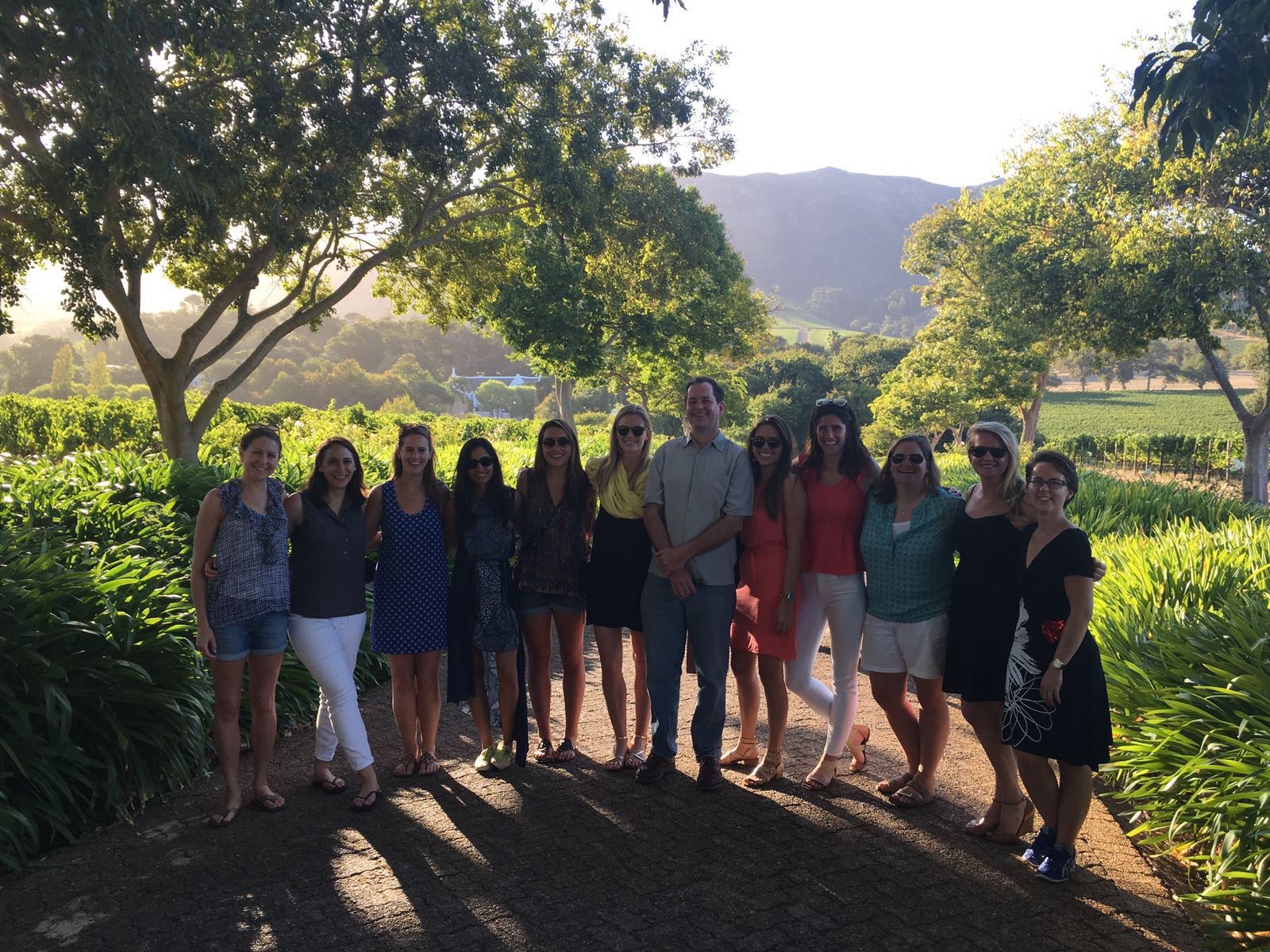 By T'17s Lane McVey and Vishnu Malli During the South Africa GIX, which was led by Professor Phil Stocken, we visited Johannesburg and Cape Town, spending time at the Pilanesberg National Park during the intervening weekend. At the park, we met with the Chief Ecology Officer of Pilanesberg Steve Dell and his wife Perry. We learned about the grave dangers of poaching faced by the South African rhinos, which are on the verge of extinction. Steve and Perry are at the forefront of the conservation efforts and are doing a fantastic job. We became aware of the gravity of the situation and, in true Tuck fashion, started a drive to collect donations and made a contribution for their nonprofit. That night, we attended a traditional African 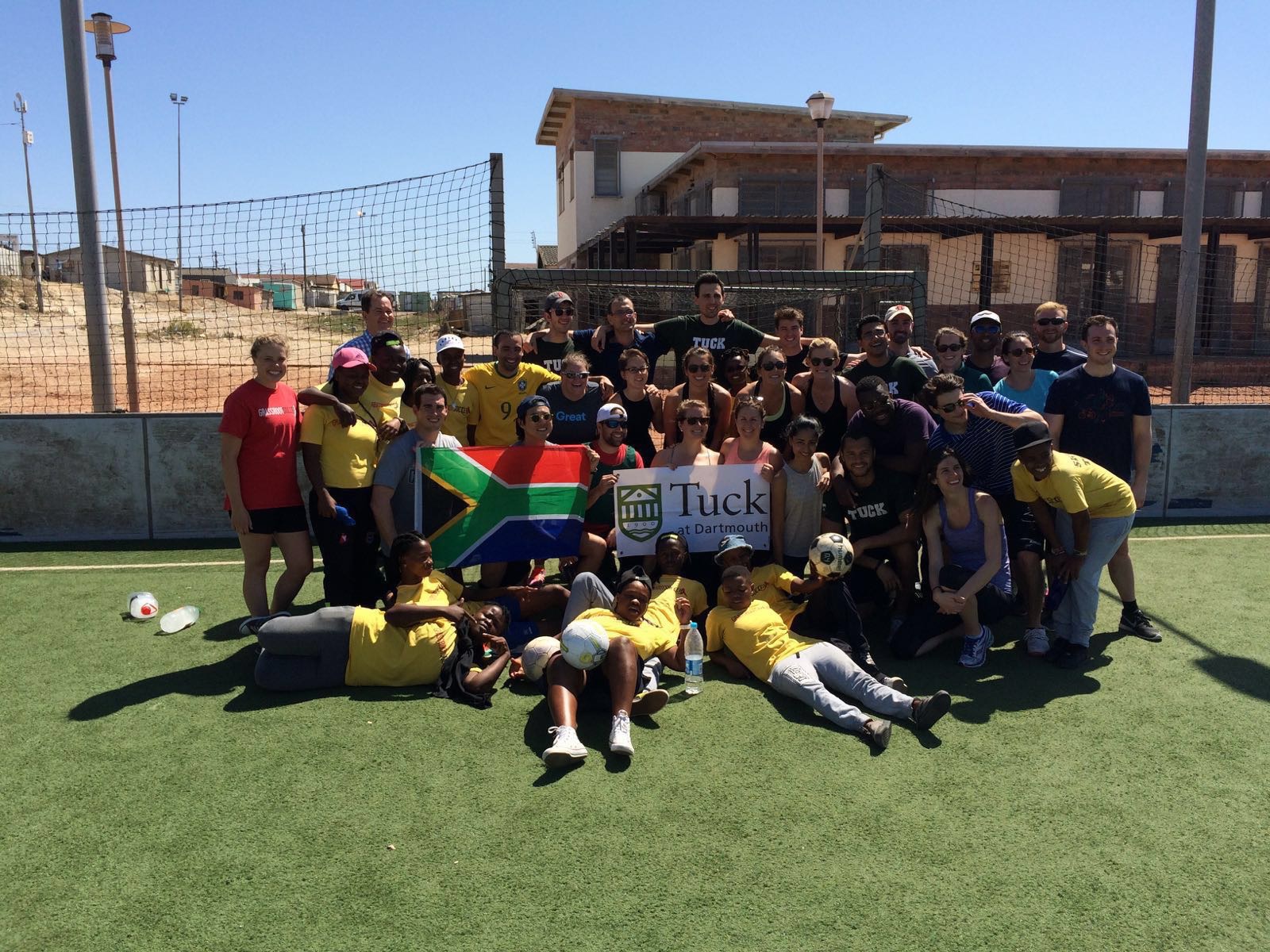 Braai (barbecue) at a spectacular location within Pilanesberg laden with lanterns and we were joined by local dancers and singers. It was a magical experience under the stars! We spent our final days in South Africa with an adventure-filled week in Cape Town surrounded by beautiful beaches, cliffs, wildlife and sun. We visited a broad range of impressive companies including:
One of the most rewarding company visits in Cape Town was an afternoon spent at Grassroots Soccer in the town of Khayelitsha. Grassroots Soccer is an adolescent health organization that educates youth about HIV/AIDs and gender-based violence through the sport of soccer. The Tuck group was able to tour their facility, play in a round-robin tournament with the Grassroots volunteers, and interact with a group of local children. Many themes emerged throughout our company visits including the stunning income inequality that exists across South Africa. While Pick n Pay expects sales growth with the rise of the South African middle class, companies like Grassroots Soccer and MonkeyBiz focus their efforts on improving the lives of the lower class. We ended the GIX with a traditional Braii at Professor Stocken’s family’s home. A trip of a lifetime with an amazing group! Read previous posts on the 2016 GIXs: India, Cuba, and Brazil. Lane McVey T’17 is from Bronxville, NY. She graduated from Colby College with a major in Government and Classical Civilization and played on the Women’s Lacrosse team. Before Tuck, she worked at Major League Baseball in sponsorship and will intern at MillerCoors this summer. Lane spends most of her time working for theBOX Food Truck and playing Tripod hockey. Vishnu Malli T'17 is living the dream as a first-year student at Tuck. He loves being surrounded by intellectually stimulating peers and is passionate about creative ideas. He thinks that he suffers from the “get out of your comfort zone” syndrome. He grew up in Mangalore, India and was perfectly happy living there, but decided to move to Bangalore. When life couldn’t get any better there, he relocated to Phoenix, AZ (where he did not know a single person). As he began to feel at home after building an expansive social circle, he moved to Hanover. Before Tuck, he spent four months backpacking across South America without knowing a word of Spanish (he now claims to know a few). |
| FROM Tuck Admissions Blog: What We Learned: The 2016 Netherlands GIX |
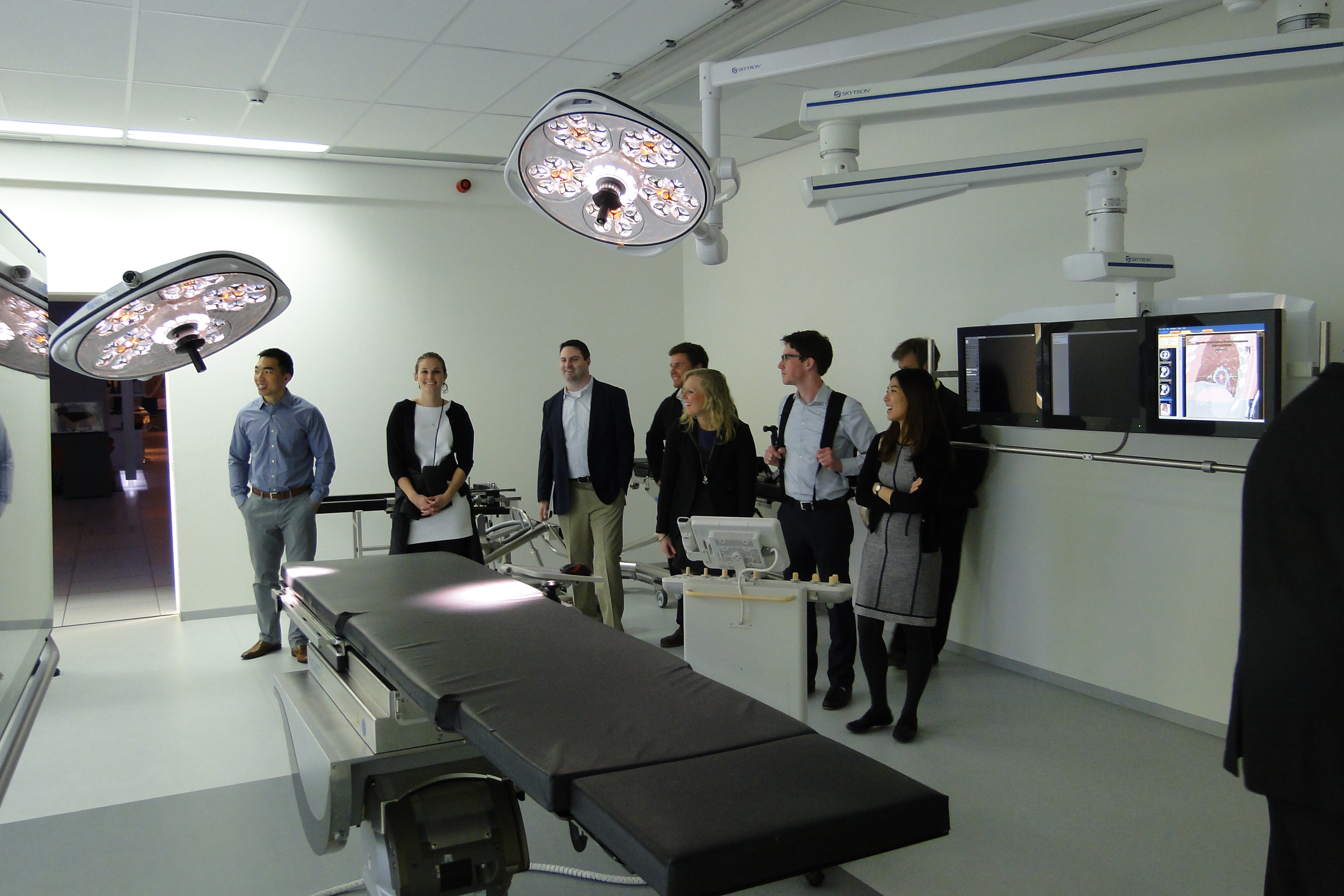 Part I by Anthony Hemming T’17 Going into the GIX, I felt like I had a basic idea of the differences between the U.S. and Dutch health care systems, but what I wanted to understand was why the Dutch system is organized the way it is, and if any of these elements could make sense in the U.S. Each country spends a significant portion of its GDP on health care (the Netherlands ranks second behind the U.S.), and each ranks highly for care quality (though the Netherlands outranks the US in most measures). However, the organization of the systems is very different: Dutch health care is organized around the principal of “solidarity,” in which every individual contributes to the social insurance system and every individual is guaranteed 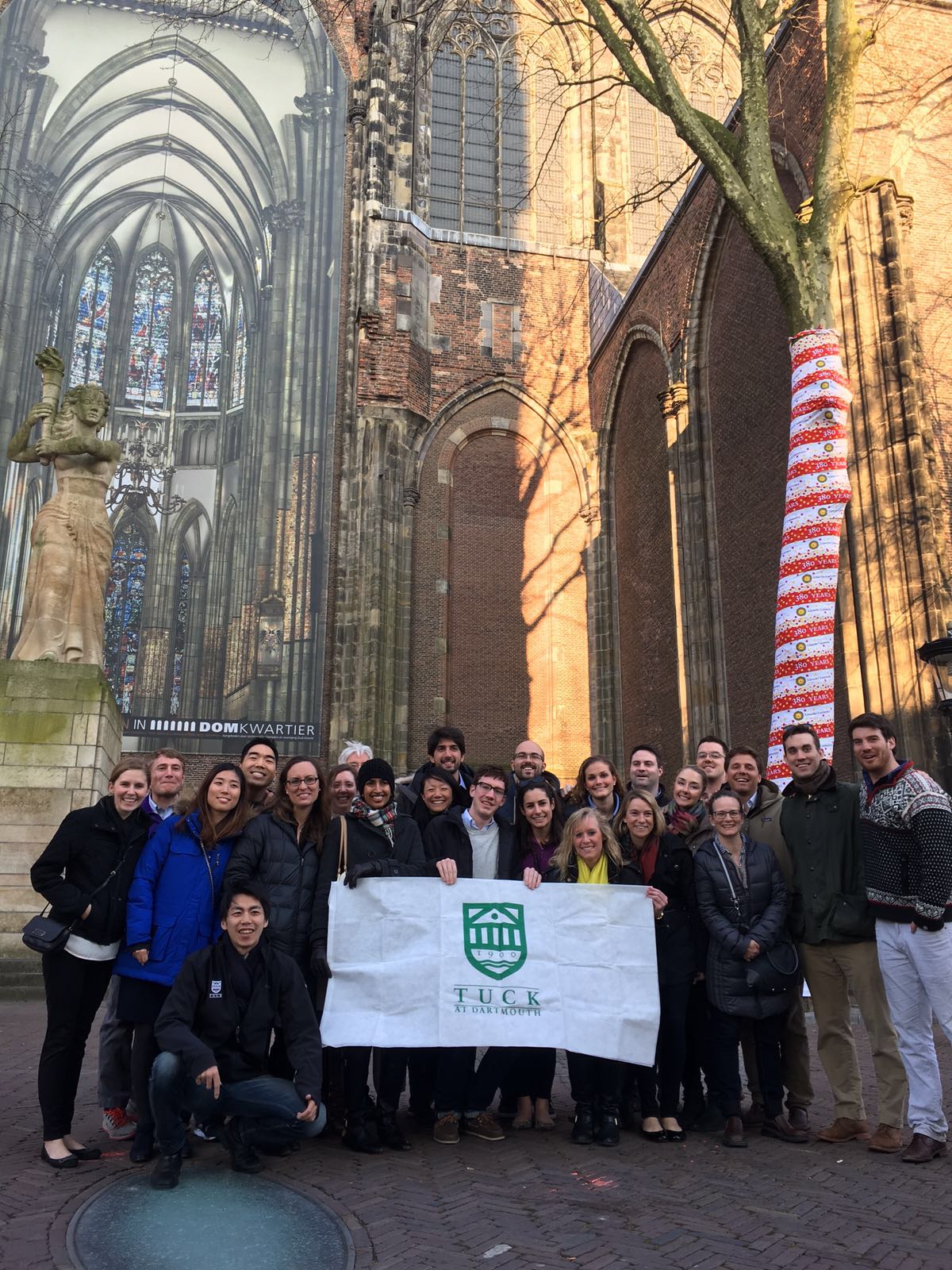 an equivalent level of care. Solidarity extends to premiums as well: Individuals are responsible for the same basic insurance premium regardless of age, health, or background. A common topic of discussion during the week was “could a system like this exist in the U.S.?”, and the general consensus was that this was too huge a cultural change to occur for the foreseeable future. As I reflected on the trip, however, I did a little more research on how solidarity was introduced into Dutch culture (and health care). I’d assumed this was just a reflection of longstanding social values, but this is not the case: In the middle of the twentieth century, a combination of social changes, economic and demographic transitions, and the aftermath of global conflict caused rapid changes in Dutch culture. Reorganization of health care and insurance was part of this change, and ideas about a social insurance system were actually some of the earlier proposals that moved Dutch society toward collectivism. Prior to the trip, I’d thought of the U.S. system as a product of our cultural values, and assumed that changes in health care organization would follow changes in society. What I learned is that changes in the health care system can be the bellwether for larger shifts in social values, and that these changes can be swift and unpredictable. Part II by Julia Tsang T’17 As a career-switcher into health care, I wanted to tap into all the great resources at Tuck and learn as much as I could about the industry. The Netherlands GIX was a unique opportunity for me to hear from leaders in the Dutch health care system and compare our thoughtful discussions with what I’d learned about the US system thus far. My two main takeaways from the week are: 1. Dutch solidarity is a social norm that is built into the health care system. Professor Nardo van der Meer gave us an overview of the health care system, which I thought was illustrative of Dutch solidarity flowing into health policy. Four main acts inform the structure of the 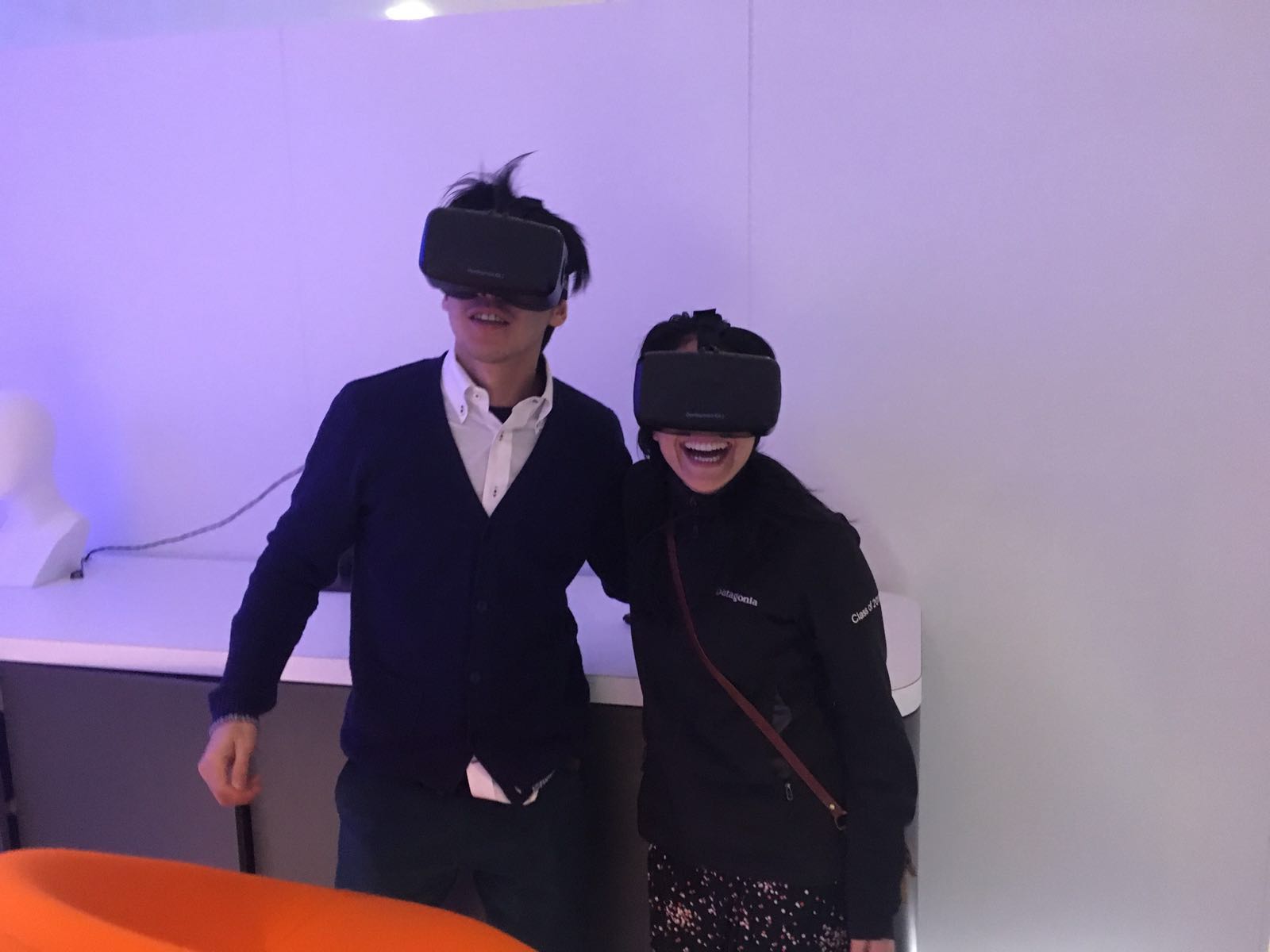 system. I felt the first three acts (Insurance, Long-Term Care, Social Support) demonstrate Dutch solidarity, as they are comprehensive and ensure access to care for a portion of the population that has faced issues in the US. Under the Insurance Act, the basic health insurance package is very complete, and even refugees are insured once they enter the country. Under the Social Support Act, the local government provides personalized medicine in the form of kitchen table visits – government representatives individually visit homes to help plan and budget their care packages. I found it interesting that this level of access to care is a basic assumption in the Netherlands. 2. Despite structural differences and greater access to care, the Netherlands and the U.S. are facing many similar health care issues. If we are able to discern what works and why, we can learn invaluable lessons to apply everywhere. We heard from entrepreneurs who are working on innovative ways to deliver elder care and empower “participatory” health care. An aging population and the rise of the consumer in healthcare are two trends that the Netherlands and the US share. Dr. Freek Lapré, an expert in long-term care, and Lucien Engelen, Director at the Radboudumc REshape Center for Innovation, gave amazing examples of innovative solutions, such as the Reminiscence Museum in Rotterdam and wearable devices for predicting cardiac problems. At Radboudumc, they are experimenting with a more patient-centered curriculum, so it will be interesting to see what outcome that has on future physicians’ practices. Our trip to the Netherlands was an eye-opening immersive learning experience, during which we got to dive deep into healthcare. It was a truly once-in-a-lifetime way to learn about a different country and culture, and I took away lessons that will be invaluable as I pursue a career in health care. Read previous posts on the 2016 GIXs: India, Cuba, South Africa, and Brazil. 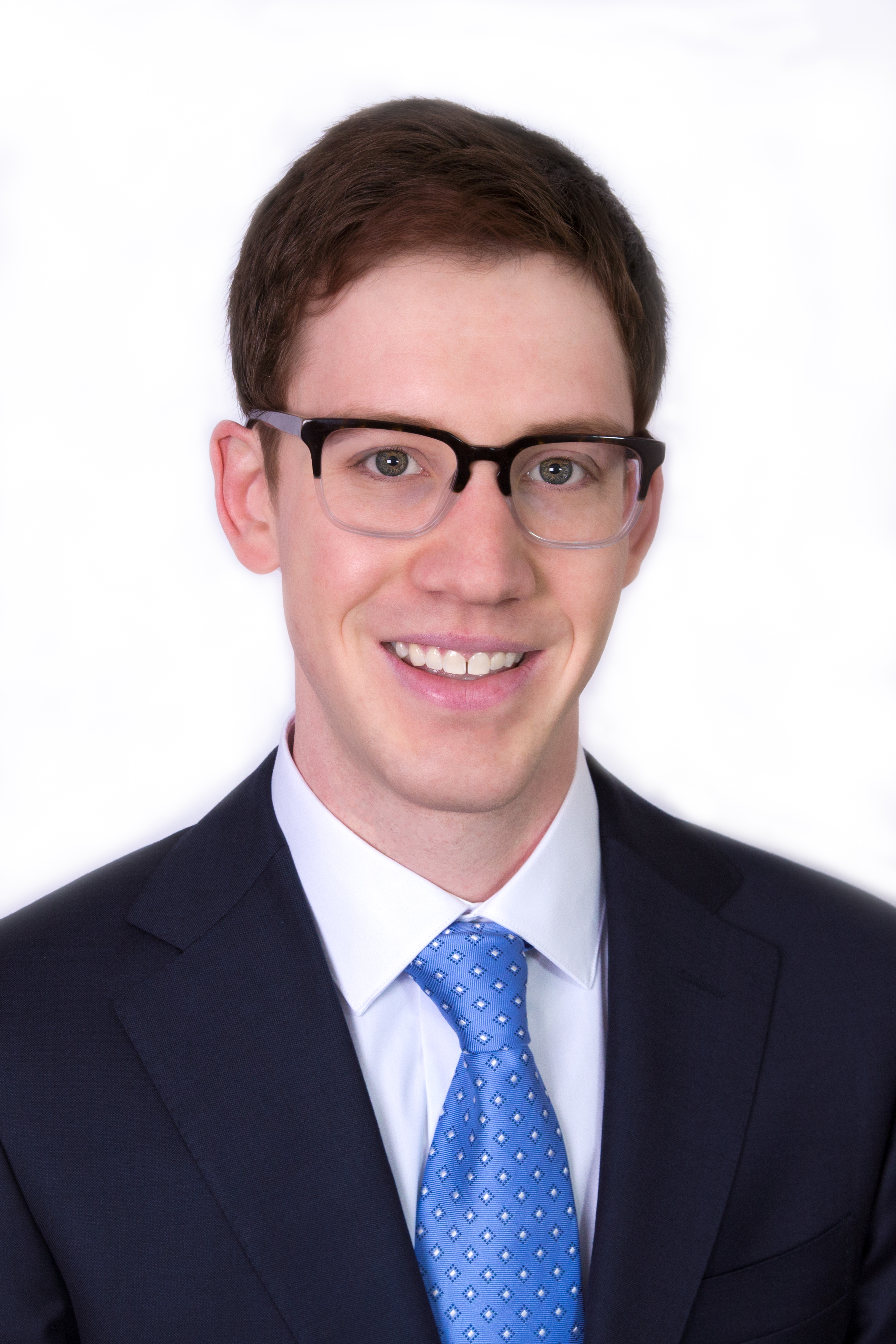 Anthony T’17 is an MBA/MPH joint-degree student with a background in health care software. He is interested in opportunities to use analytics and business insights to achieve the goals of the Triple Aim in health care organizations, and excited about a role with a more direct impact on the way care is delivered after Tuck.  Julia T’17 is a first-year student at Tuck. She attended Northwestern University where she received her bachelor’s in economics. Prior to Tuck, Julia was a senior analyst at Nielsen. |
| FROM Tuck Admissions Blog: CDO Weighs In: Recruiting Advice for the Consulting Industry - Part II |
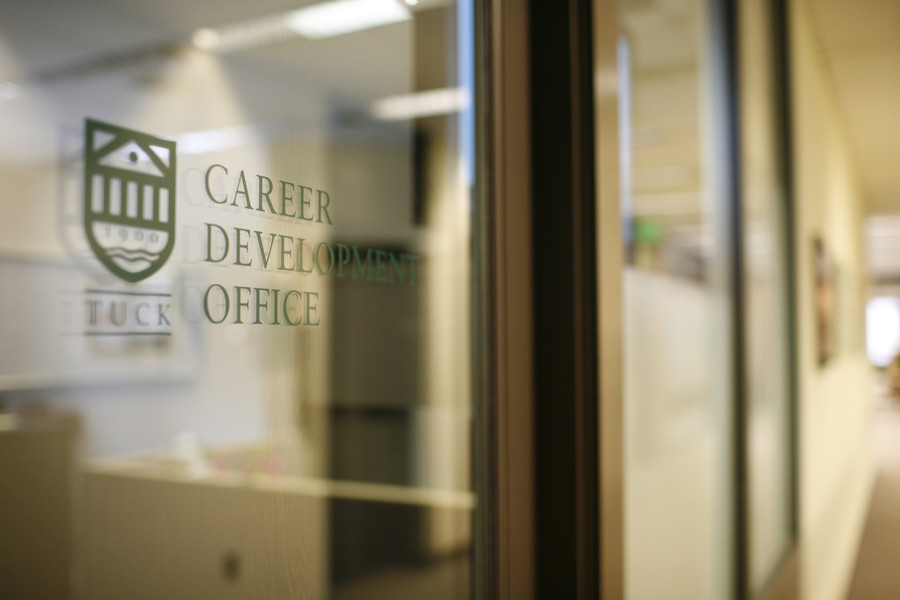 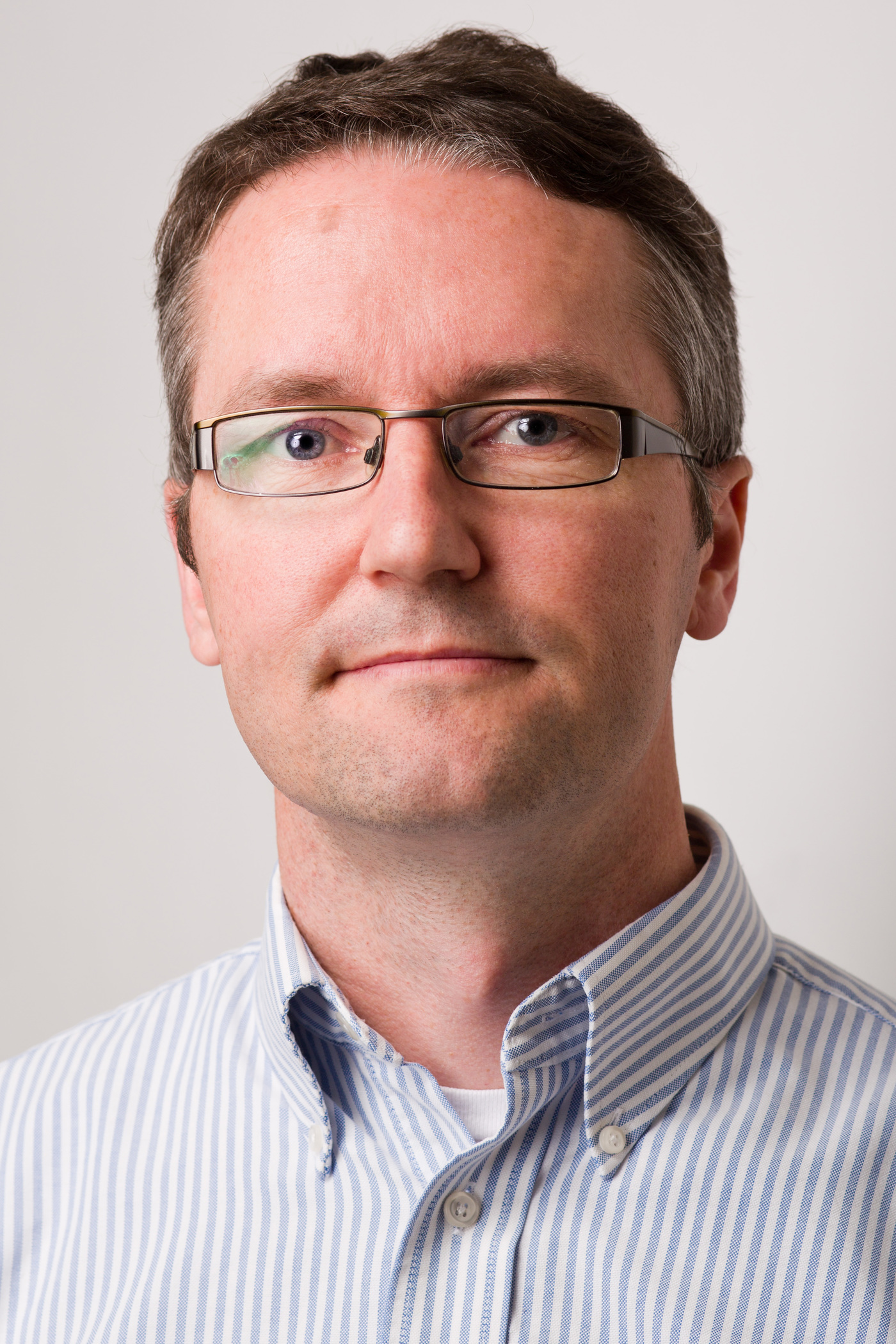 Stephen Pidgeon T’07 is an associate director of the CDO and author of the books How to Get a Job in Consulting and Case Interviews for Beginners. Talk about the logistics of the typical interview process for the consulting industry. Going back to the example of today’s students who are interviewing with McKinsey: to get there they had to go through a series of steps. First of all, they go through the application process. They’ll have many, many chances on campus to meet the consultants, get to know the company, and learn what McKinsey’s looking for. Then, they apply with their resume and their cover letter and the company chooses half the students they’ll interview. One of the nice things about Tuck is that the other half of interview slots are given to students to bid on. You can be sure that you will interview with your dream company, which is not the case at every business school. After that, you do a lot of practice—I think the average student here probably does about 50 case interviews as practice, which also means they have to give an additional 50 case interviews to other people, because it’s a reciprocal thing. Second-years are a huge part of that. I was talking to a second-year last week and saw his calendar: from midday to eight in the evening, for seven days, it was full with helping first-years and he was happy to do that. Then, on a day like today, students will have two interviews. They’ll do a case and maybe some fit questions with one consultant, then move into the next room and do the same again. Hopefully, that evening or the next day, they’ll get the good news that they’ve progressed to the second round. That usually means being invited to the actual office that might be hiring them, where they’ll meet more people and do more interviews. So by the time someone has succeeded and gotten a job, they’ve probably interviewed with five to seven increasingly senior people in the organization. For the consulting industry, how important is prior experience vs. performance in interview vs. networking? What I like about consulting recruiting is that it’s very meritocratic and it’s very much about your performance in the interview. It’s not really about your prior experience, per se. They are not hiring you because you were a writer or a doctor or an Army engineer or a banker. They’re hiring you because of the type of person that you are and the skills you demonstrate in the interview. Equally, networking is useful for you to get to know the company and for them to get to know you, but it isn’t going to get you the job. You get the job in the interview, which is a nice thing to know, because when you walk in there, it’s all on you. If you’ve planned and prepared well, give it your best shot, and you’re the person they’re looking for, then you’ll get it. If it turns out that you’re not the person they’re looking for, you don’t want that particular job. Any other advice on how best to prepare for interviews in the consulting industry? Again: know the job and know the kind of person they’re looking for. A lot of people come to business school already having decided their goal is to work for McKinsey, Bain, BCG, or Deloitte. That’s fine, but you need to do more of your homework as to exactly why you want to do that, what they’re looking for and if you’re that person. Put in the time. Case interview prep is like learning to fly a plane: you just need to log the hours. You might have a technical understanding of it early on, but the more you practice, the better you’ll get. Nobody was born good at case interviews, just as nobody was born knowing how to fly a plane. Remember that the type of person they’re trying to hire isn’t measured only in the competencies, but also in terms of the way you portray yourself. From the second you walk into the interview room or even their building and say hi to the receptionist, you’ve got to be the person they want to hire, the person they want on their team, and the person they want to put in front of their clients. If you maintain that all the way through and you’re being true to yourself, hopefully you’ll end up with a job that’s a good fit for you and wasn’t based on you stretching the truth, lying your way in, or just managing to scrape through. Because who would want a job where you have to lie or turn up not being yourself every day? Other advice on how to prepare for the consulting interview: come to Tuck. [Laughs] It’s a good place to learn about this, where you get lots of support. |
| FROM Tuck Admissions Blog: #IAMTUCK: A Day in the Life of Erin T’15 |
 Erin Ruhf T'15, a native of Virginia, lives in Chicago with her boyfriend Rob, a T'15, and their kitten Gili. Erin is the director of business development at The Eastman Egg Company—a startup restaurant group specializing in artisanal sandwiches. She received her BS at the University of Virginia’s McIntire School of Commerce and worked as an investment banker at Houlihan Lokey prior to attending Tuck. While at Tuck, Erin interned with Brooks Running in Seattle, where she combined her interest in corporate strategy with her love of running. Her other interests include traveling, "attempting to cook," and promoting financial literacy in public education. Erin recently took over the Tuck School Instagram to share what a typical day in the life is for her at Eastman in Chicago. 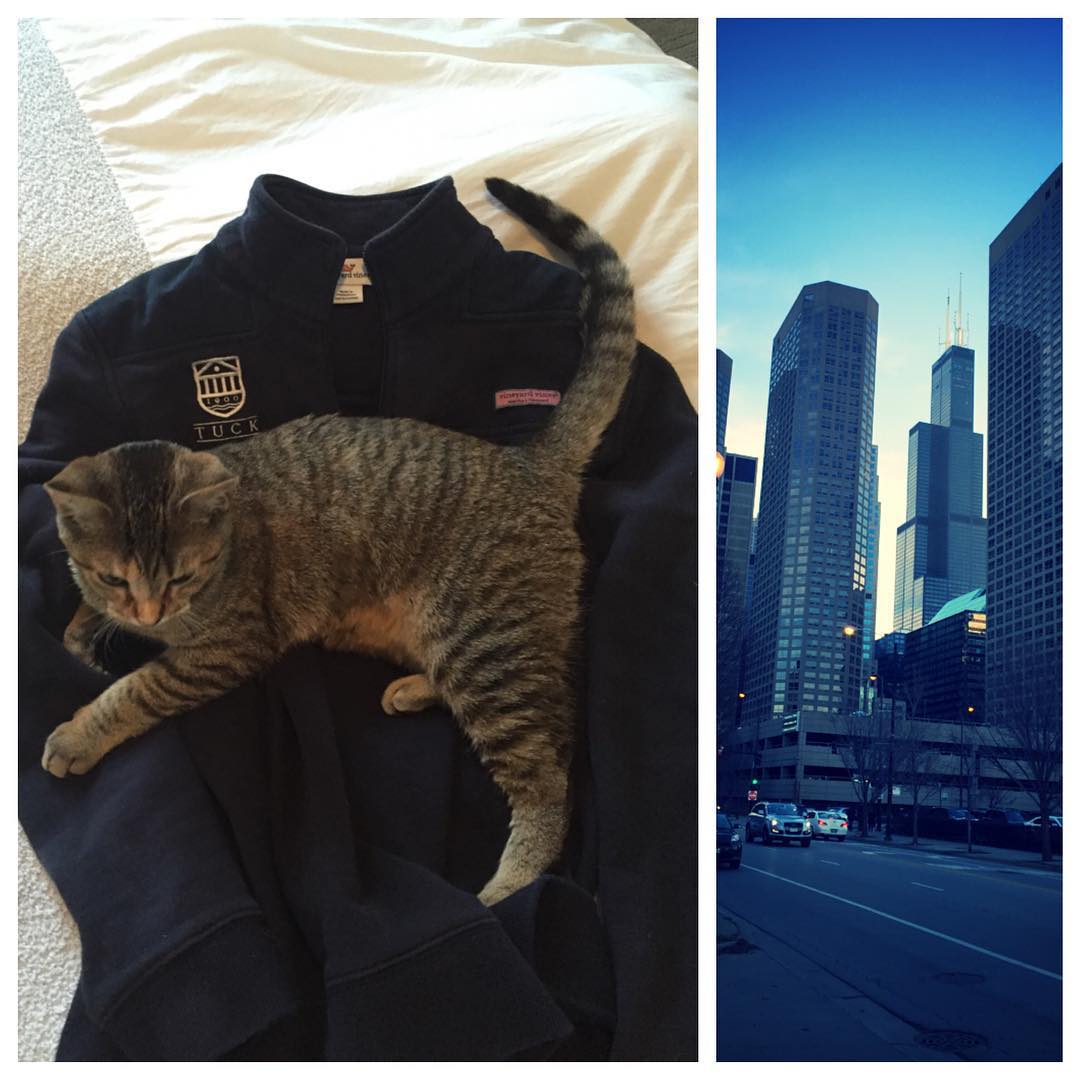 Greetings from the Windy City! I'm excited to share my day with you and show you what my life after Tuck looks like at The Eastman Egg Company. This morning Gili helped me decide how to best layer up for the cold. I worked at TuckStuff - a student operated store - and have plenty of options to choose from. I love getting to show my Tuck pride every morning on my way to work!  First stop of the day was a catering delivery. It's not what most people expect to do post-MBA, but I love it! Being at a young company means getting to wear a lot of different hats at multiple levels of the organization. I especially enjoy running deliveries since it gives me a chance firsthand to meet our customers and get direct feedback about where we are winning and where we need to tweak our model to improve.  Deliveries are done, now it's my turn to eat! At Tuck I spent a lot of time studying sustainable development, particularly as it applies to the food chain. At Eastman I have the opportunity to directly apply the knowledge that I gained - we source from local vendors such as Slagel Family Farm and La Farine bakery for our tasty sandwiches. Today I went with The Doc - you can't go wrong with farm fresh eggs, bacon, and cheese on fluffy ciabatta!  Taking a break from the office by going to check out our food truck. Eastman was started as a truck by a Chicago Booth student and since then we have expanded to two brick & mortar stores as well as a coffee bar. Part of my business development role is identifying future markets for our stores - any suggestions??  Afternoon coffee breaks are so much more fun when Tuckies stop by! Rob Franklin T'15, works nearby at Bain & Company and generously offered to help me taste test coffee this afternoon from our new partner Irving Farm. It's a tough job, but someone has to do it. That's a wrap for my day. Time to kick back with Gili and start dreaming about what I'll have for breakfast Monday. Have a great weekend and thanks for following along! |
| FROM Tuck Admissions Blog: What We Learned: The 2016 Vietnam GIX |
 By Olivia Jones T'17 Over spring break, I was one of twenty-four Tuck students who embarked on the inaugural Vietnam Global Insight Expedition (GIX). The theme was “Renovation Nation: Vietnam in an Era of Reform and Globalization,” and our purpose was to study Vietnam’s business environment given several post-war decades of rapid social and economic change, evolving capital and investment flows, political balancing of communist ideology with capitalist growth, and the country’s increased integration in international trade and labor regimes. No small undertaking! Our intrepid leaders were former AmeriCares CEO and Tuck Senior Fellow Curt Welling and Dartmouth College History Professor Edward Miller, a historian of Vietnam and American foreign 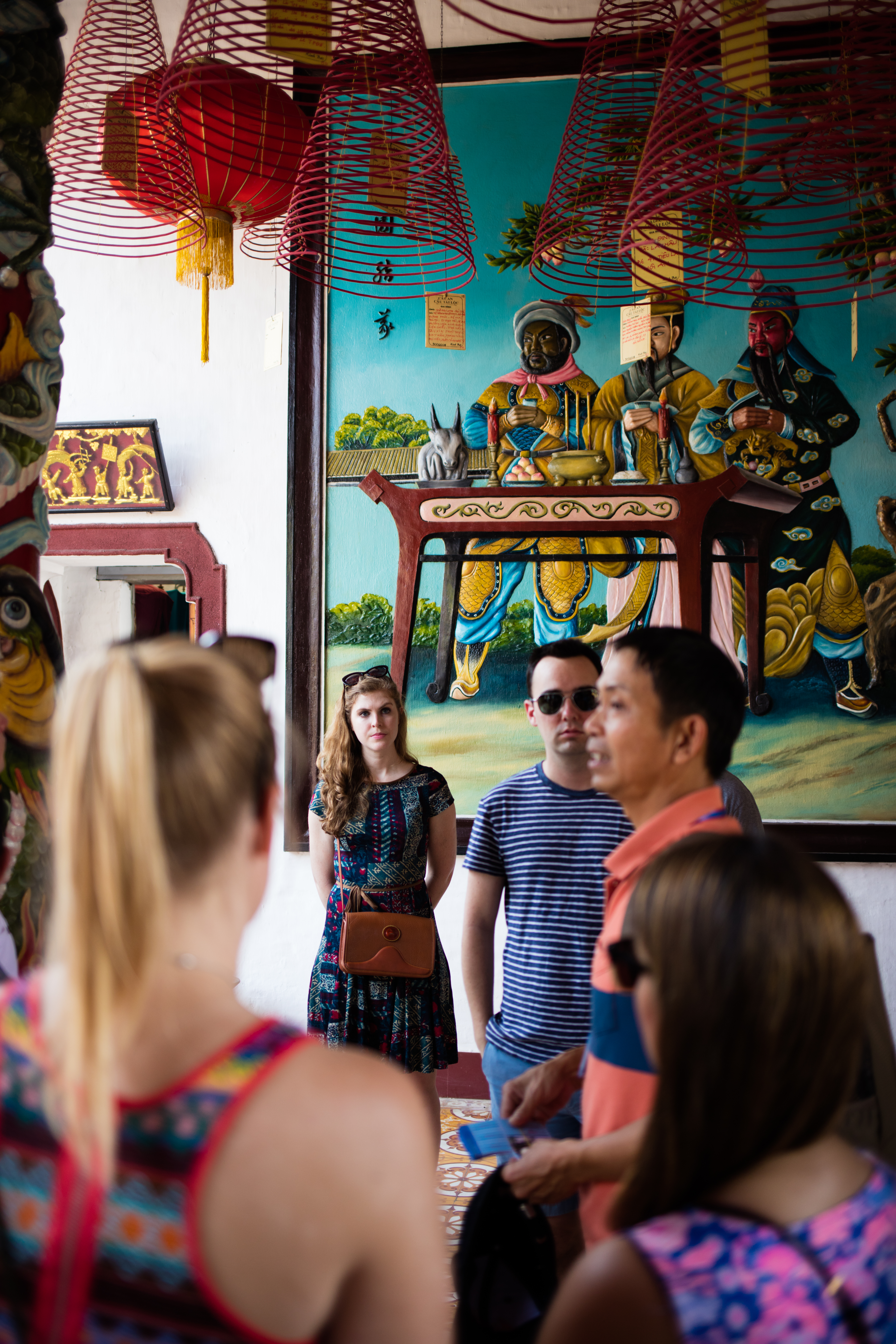 relations. Their blend of expertise provided unique depth to the conversations we had about the business context, the influence of history and politics, and the domestic and regional macroeconomies. Our group met several times before leaving, and it was clear that everyone had different reasons for selecting this particular GIX. We were a group of undergrad history majors, people who were well-traveled in Asia, people who had never been to Asia, budding entrepreneurs, those interested in developing countries, seekers of authentic pho, and those whose food adventurism would soon get the better of them. Our motivations were individual but our intellectual and personal engagement throughout the trip—the site visits, conversations with locals, and ongoing reflections as a group and individually—was shared. The GIX began in Hanoi, with meetings at the U.S. Embassy, a state-owned enterprise, and the Vietnamese ministry for economic planning and development. This provided a framework for what we would witness and hear throughout the rest of the country. We had opportunities to better acquaint ourselves with Hanoi, including excursions to see Ho Chi Minh’s embalmed body and a walking tour around Hanoi’s Old Quarter. From there we flew to Da Nang, in Central Vietnam, where we spent a weekend in the beach town of Hoi An, adjacent to remnants of American military bases. Here we explored the town, determinedly sought out karaoke joints, and in true Tuck fashion engaged each other in loosely competitive yet fiercely spirited beach volleyball matches. Our final stop was Ho Chi Minh City in the south. Highlights included visiting a Coca-Cola bottling plant and a Nike Air Force One assembly line—both well-timed experiences for the first-years about to take Operations Management! In addition, we met with a local private equity firm and also met with local entrepreneurs to provide feedback on their business pitches. Our last day in Vietnam was spent on a boat in the Mekong Delta, where visits to family-owned brick producers offered yet another distinct perspective into Vietnam’s economy. The GIX challenged us. It challenged us to see Vietnam through a lens other than that of the Vietnam War and its legacy, it challenged our assumptions about what a Communist country looks like in 2016, and it pressed us to confront the contradictions inherent in Vietnam’s balancing act of rapid growth, international integration, and political stability. We concluded the trip with possibly even more questions about Vietnam’s way forward in its more globalized context but considerably better equipped to grapple with them. 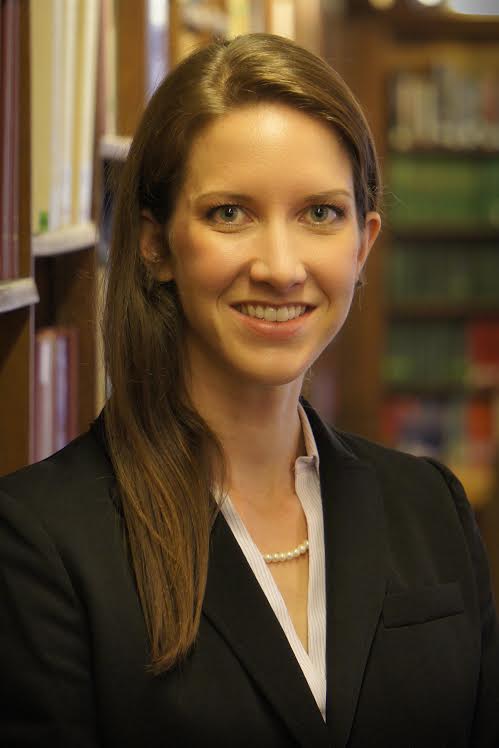 Olivia Jones is a first-year student at Tuck. She grew up in Menlo Park, CA and attended Davidson College, where she majored in political science. Prior to Tuck, she worked as a consultant at Booz Allen Hamilton and Deloitte. She is dual degree candidate with The Fletcher School of Law and Diplomacy at Tufts University, where she is concentrating in International Security Studies. Read previous posts on the 2016 GIXs: Netherlands, India, Cuba, South Africa, and Brazil. 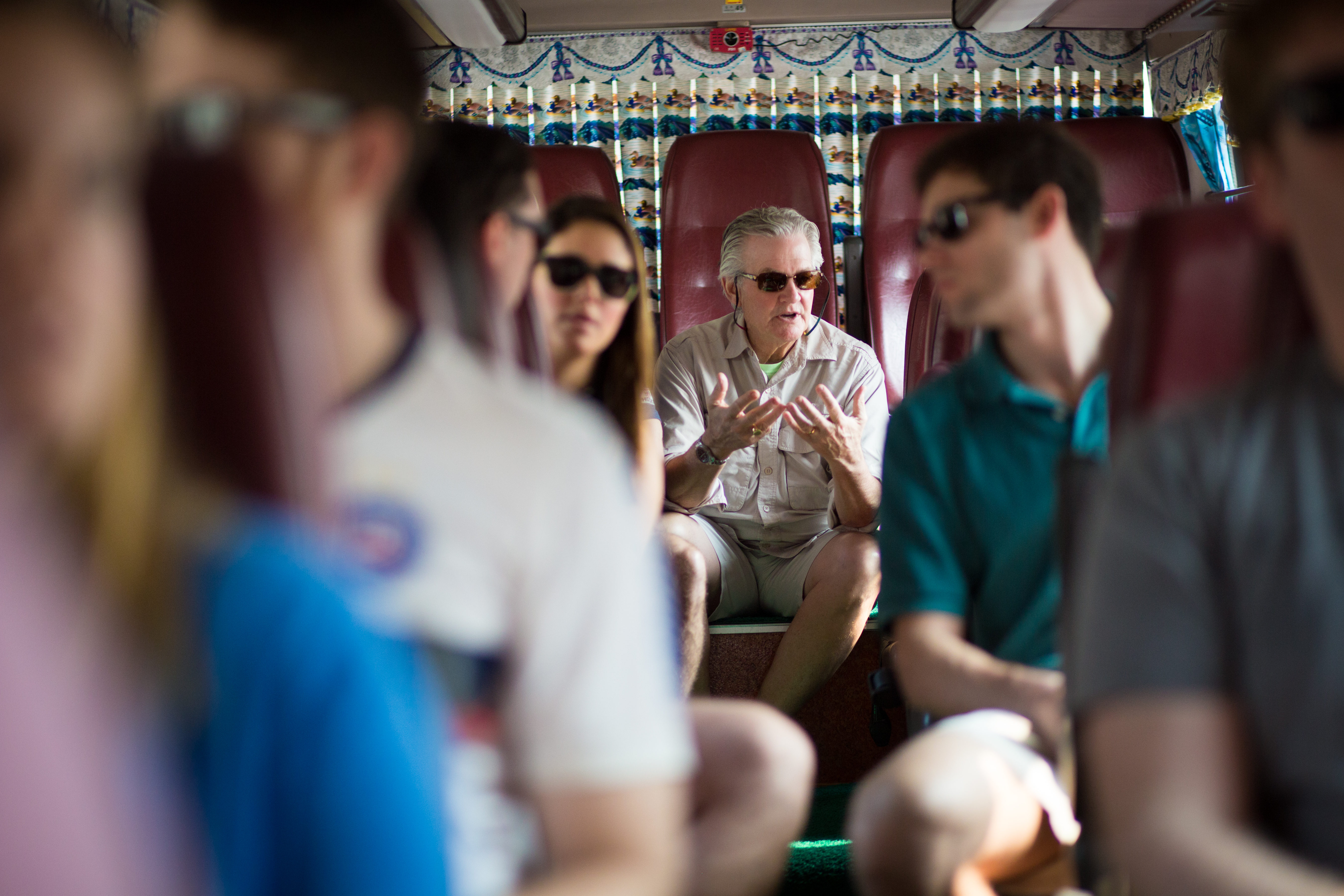  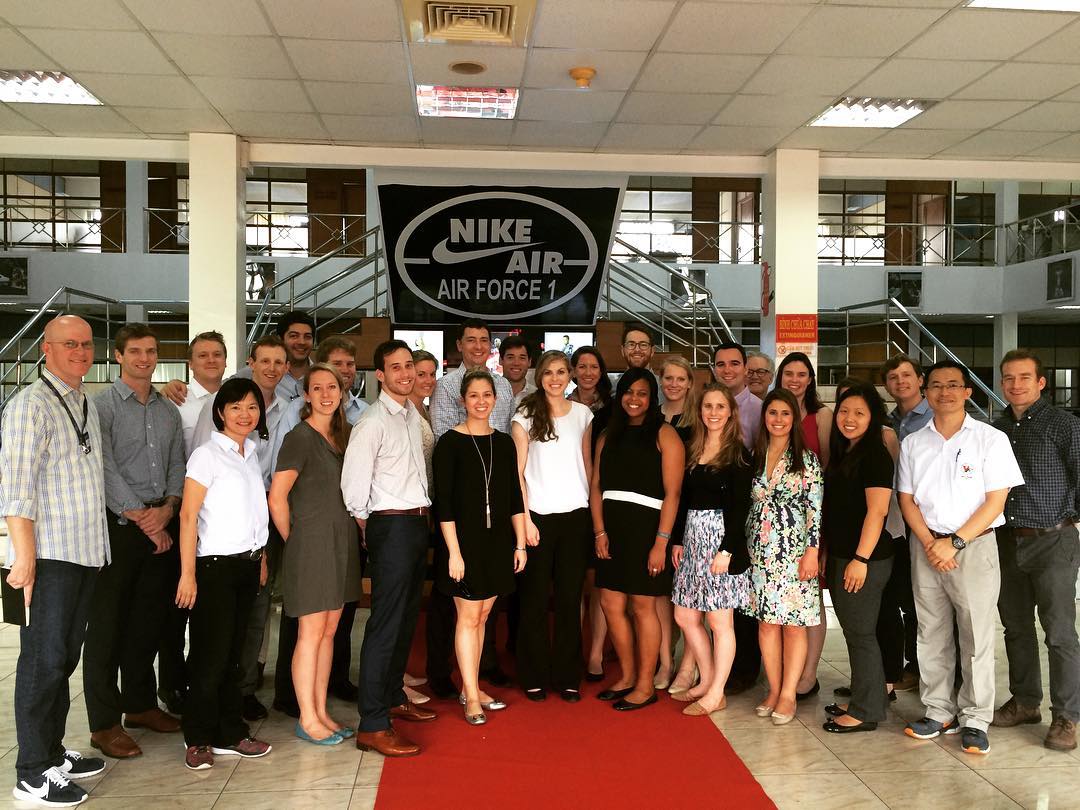
|
| FROM Tuck Admissions Blog: Tuck Spotlight: 10 Questions with Jon Baer T’78 |
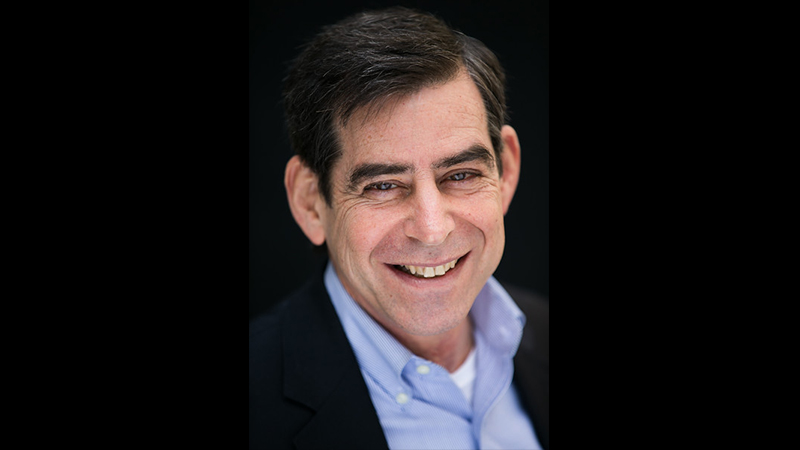 Jon Baer T'78, partner at Threshold Ventures, is a recovering venture capitalist and founder/CEO of two venture-backed companies. He is now co-author of Decoding Silicon Valley: The Insider's Guide. 1. What was the exact moment when you first felt like you were a part of Tuck’s community? My first meal in Stell Hall. 2. Who had a profound impact on you during your time at Tuck and why? Brian Quinn-the best teacher ever. He challenged you to think and be resourceful-and quickly. 3. What’s your favorite Tuck/Dartmouth/Hanover/Upper Valley event and why? Winter carnival was great. The ice sculptures were always amazing. 4. Fill in the blank: every visitor to the Upper Valley needs to____. See the autumn leaves changing colors. 5. What’s a challenge that you’re currently working on solving? Or perhaps a world problem you’d like to see solved? I am helping entrepreneurs all around the world be more successful. 6. What do you personally feel is the key to good leadership? Listening and asking good questions of others. 7. Outside of work, what do you like to do for fun? Photography and restoring a 1906 historic landmark home. 9. What’s the best piece of advice you can offer on getting ahead? Or, what’s the best piece of advice you’ve ever received? Your career will be clear in hindsight only. Look at the world as a place filled with opportunities instead of focusing on charting a perfect career. You will have to reinvent yourself one or more times in your career. 10. What is one thing that people would be most surprised to learn about you? My kids are relatively young: 18 and 21. |
| FROM Tuck Admissions Blog: Framing Failure During the Admissions Process |
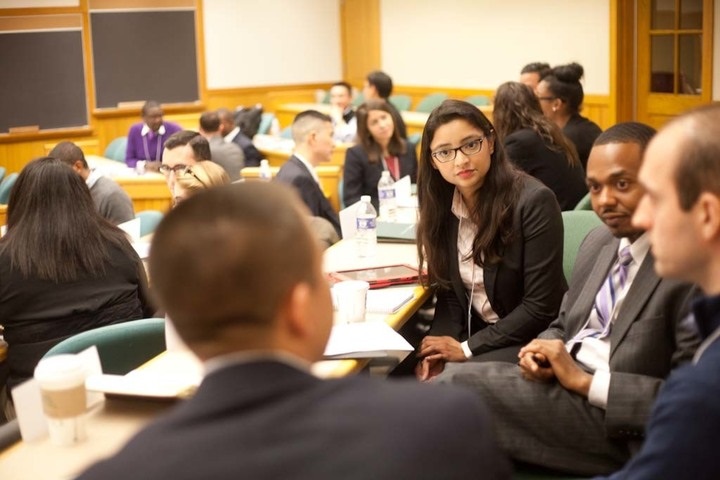 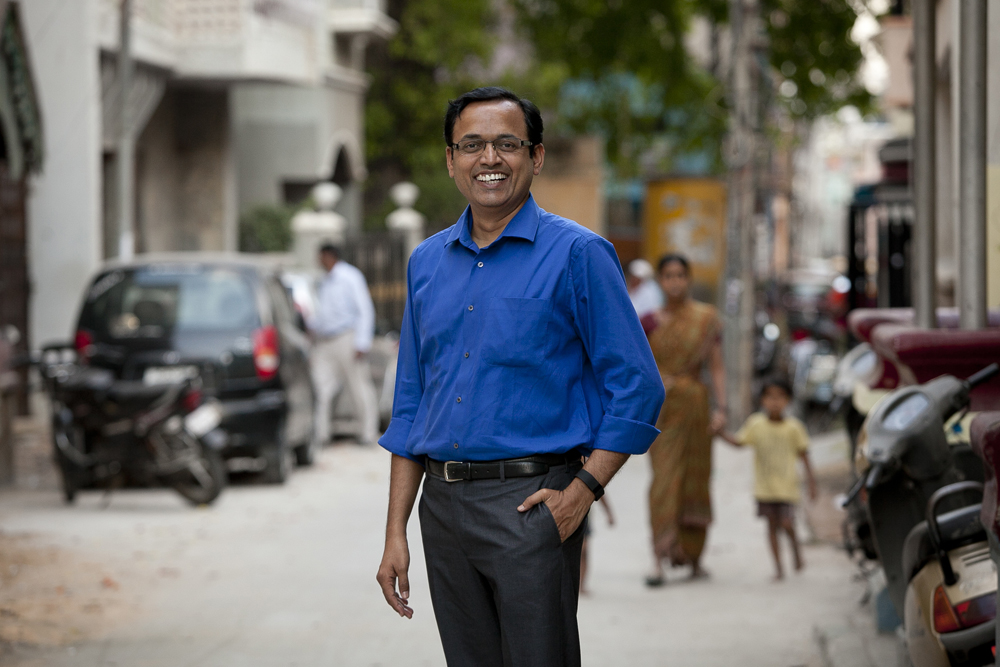 By Sudershan Tirumala T'10 Suds is Tuck's Associate Director of Admissions and Regional Director for India and South East Asia. He regularly contributes his candid advice to MBA Crystal Ball. Below is an excerpt from his latest post on presenting past failures during the admissions process. Click here to read it in its entirety. Many people I’ve interacted with have voiced their discomfort regarding their past failures and wondered whether they stand any chance when applying to business school. Take any person you’ve ever admired and they’ve all experienced failures at some point in their life. Steve Jobs? Check. Albert Einstein? Check. Mahatma Gandhi? Check. Sachin Tendulkar? Check. So you’re in good company. But how are you going to talk about it? Framing Failure Consider the following – obviously exaggerated – sample sentence by one candidate: “A major failure I have faced in life was when I left my very successful career to get into a startup because I found entrepreneurship very interesting. However the venture failed to take off and I am now at a crossroads which is why an MBA makes a lot of sense so I can take up my career plans anew.” Versus the one below by another candidate: “One of the most impactful experiences I had in my career was when I chose to work for a startup after working for X number of years in a corporate setting. The amount of learning I had in this comparatively short stint at the startup is something I’m really proud of.” See the difference? If you were reviewing these essays, which candidate would you be more excited about? So what do you do in your application? Turn the tables around. Showcase the positive you. Absolutely describe your failures, but while thinking of them as practical teachers in a school called life. What did you learn from the experience? How did you do things differently going forward? What has that experience meant to you? In closing, keep your chin up, discuss your experiences – successes and failures – with a positive frame of mind, and let your natural ebullient self come through. |
| FROM Tuck Admissions Blog: A Creative Fundraising Strategy: My First-Year Project with Worldfund |
|
By Katelyn Baldwin T'17 On Sunday morning, March 7, our team arrived at the Sao Paulo airport, ready to dive into our global First Year Project (FYP). Meetings with social finance gurus, non-profit management experts, and STEM-fundraising professionals filled our calendars in the weeks prior as we prepared to make the most of our visit. Exiting the terminal, we made our way to Sao Paulo’s Morumbi neighborhood. Our destination: a homestay with the executive director of our FYP client: Worldfund Brazil. Worldfund is a Latin American not-for-profit working in Mexico and Brazil. In Brazil, its focus is on promoting science, technology, engineering, and math (STEM) literacy and improving the quality of STEM teaching in the public education system. Worldfund’s impact point is Brazil’s science and math teachers. First, the organization directly trains teachers and teacher coordinators. The idea is that as teachers employ learnings and tools from their trainings in the classroom, students are positively impacted; this is reflected through metrics such as improved test scores. Worldfund also provides teachers with innovative learning kits derived of materials that can be found in the average Brazilian household. Through hands-on experiments, students are able to learn concepts related to physics; at home, given the ubiquitous nature of the materials, students can repeat and reinforce the learning. Lastly, Worldfund employs an innovative virtual platform to share lessons learned between teachers. Hailing from four continents and three countries—Varun (India), Emanuel (Italy), Gus (China), George (Illinois, USA), and me (Alaska, USA)—my classmates and I approached solving the business challenges set forth by our client from very diverse personal and professional backgrounds. Similar to many non-for-profits, Worldfund faces fundraising challenges that make it hard to maintain a consistent pace of growth. Our task was to craft a fundraising and development strategy targeting individuals, corporations, and foundations, and identify new and creative ways to increase giving. Over the course of the week, we held in-depth conversations with Worldfund staff to understand the status quo approach to fundraising, what was working, and what was not. We interviewed Brazilian Tuck alumni who currently serve as CEOs to, or senior advisors for, significant Brazilian companies working in STEM industries. This helped shed light on the giving landscape in Brazil, which is quite a different scene from the giving landscape in the U.S. In my opinion, our most informative in-country experience was a site visit to one of Worldfund’s beneficiary secondary schools in Sao Paolo. We spoke with teachers who had received the STEM training, and heard firsthand their thoughts on what could be improved. It would have been impossible to create a development strategy without understanding the impact existing programs are having on teachers and students. Working on a global team focused on a social sector issue in a country and culture that was new to all five of us—during a time of Brazilian national political upheaval and transition (weekends were filled with anti-government protests)—was exactly the type of learning experience I hoped for when I applied to Tuck. While our short week in country only laid the groundwork for interviews and research to come, the opportunity to have worked alongside the Worldfund team in its offices will help to ensure the appropriateness and usefulness of our future strategic development recommendations. Katelyn is a T’17 from Wasilla, Alaska. She graduated from Stanford in 2009 with a BA in international relations. Before Tuck, she worked in international development. This summer, she will be in Washington, D.C. working for the U.S. CEO of Siemens as a business development and strategy intern. Outside the office and classroom, she enjoys flying planes, hiking up mountains, swimming, and cooking. |
| FROM Tuck Admissions Blog: Tuckies in Paris: My First-Year Project with PayPal France |
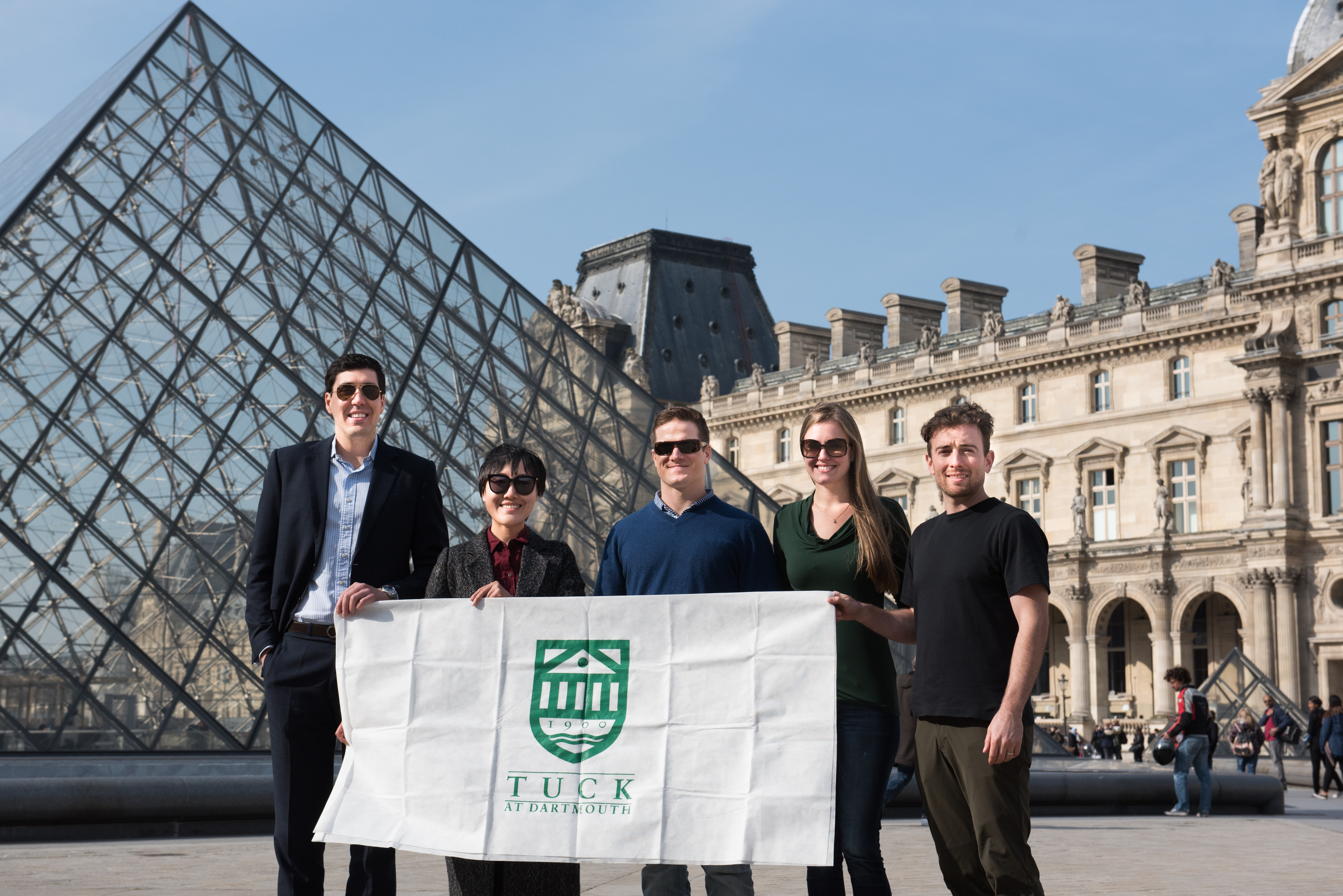 By Ashley Cahill T'17 This winter, I joined four classmates to work on a First-Year Project for PayPal France. The First-Year Project (FYP) at Tuck gives students the valuable opportunity to apply key learnings from the core curriculum to a real business setting. This year, Tuck’s FYP clients ran the gamut—from local Upper Valley businesses to student-founded entrepreneurial ventures, to Fortune 500 multinationals. My team’s FYP was one of more than a dozen globally-focused projects that would satisfy the TuckGO requirement, implemented to mold Tuck MBA students into stronger, more globally-aware business leaders through cultural immersion. During the winter term, my team and I got to know our client contact, Francis Barel T’05, who heads up market growth for PayPal France. Through introductory Skype sessions my team refined the scope of the project and began brainstorming how to address the client’s need—gaining a better understanding of international tourist purchasing behavior in France. During spring break this past March, my team flew to France to spend a week at the PayPal Paris office and conduct 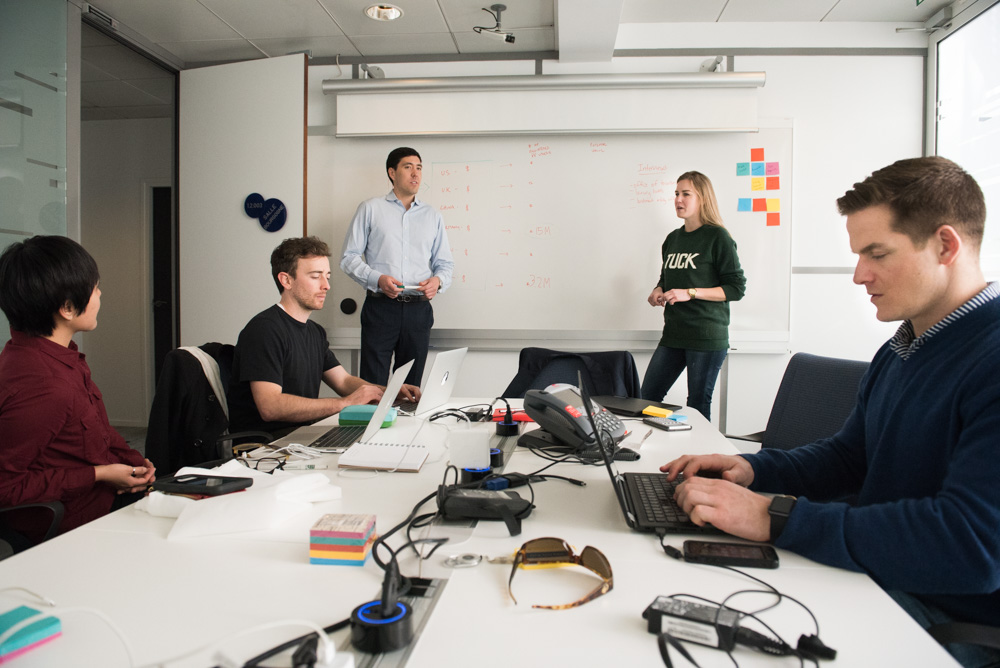 impactful, on the ground, primary research. From the onset, it was clear that PayPal’s Paris office was unique in its own right. Although there are fewer than 100 employees, more than 25 nationalities are represented. Throughout the week, my classmates and I chatted with employees from France, Belgium, Poland, Italy, the U.S. and the Netherlands. It was evident early on that PayPal values international experience, cross-cultural management skills, and diversity. While planning our trip, my team decided that the most effective usage of our in-country time would be to meet with key company managers. During our first day in the office, we sat down with the Cross-Border Team (CBT), which focuses on creating value for the company across Europe through cross-border trade and a focus on the EMEA market. We walked away from our discussions with insights into how our research might be utilized. CBT’s enthusiasm about the project and examples of applications of similar past research helped us to better wrap our heads around the path forward. Through dynamic office interviews, we were able to garner valuable insights into the company’s value proposition in the tourism sector and its strategic challenges. One of the most important takeaways from this week was the critical importance of in-person meetings to propel a project forward, especially when separated by oceans. When my team first arrived in Paris, we had lingering questions about the scope of the project and the applications for the client. By spending valuable, in-person time with our client contact and having the opportunity to speak to different teams and managers throughout the office we garnered valuable knowledge that allowed us to refine the project scope, better structure our thinking and envision how the final takeaways would help PayPal’s strategy in this sector. Similarly, the five days of close interaction and work allowed my FYP team to learn about each other’s strengths, weaknesses and working styles, as well as provide the opportunity for us to strengthen our personal and working relationships through shared experiences. On our last day in Paris, we were invited to join PayPal’s “Best Place to Lunch” party, a monthly themed event, focused on fun and engagement. This month’s theme was the circus, complete with employees dressed as clowns, a pretty impressive magician and a cotton candy machine. All in all, the FYP experience in Paris provided a valuable learning experience about the importance of team bonding and cross-cultural learning. Ashley Cahill grew up in Norwalk, Connecticut and graduated from the University of Connecticut with a major in management. Prior to Tuck, Ashley spent five years working in Shanghai, China in public relations roles for the American Chamber of Commerce, Weber Shandwick, and a sustainable agriculture startup. She is currently exploring summer internship opportunities in corporate communications. (Top photo, from left to right: Kenneth Martin T’17, Yiqing Yang T’17, David Donahue T’17, Ashley Cahill T’17, and Benjamin Stevens T’17.) 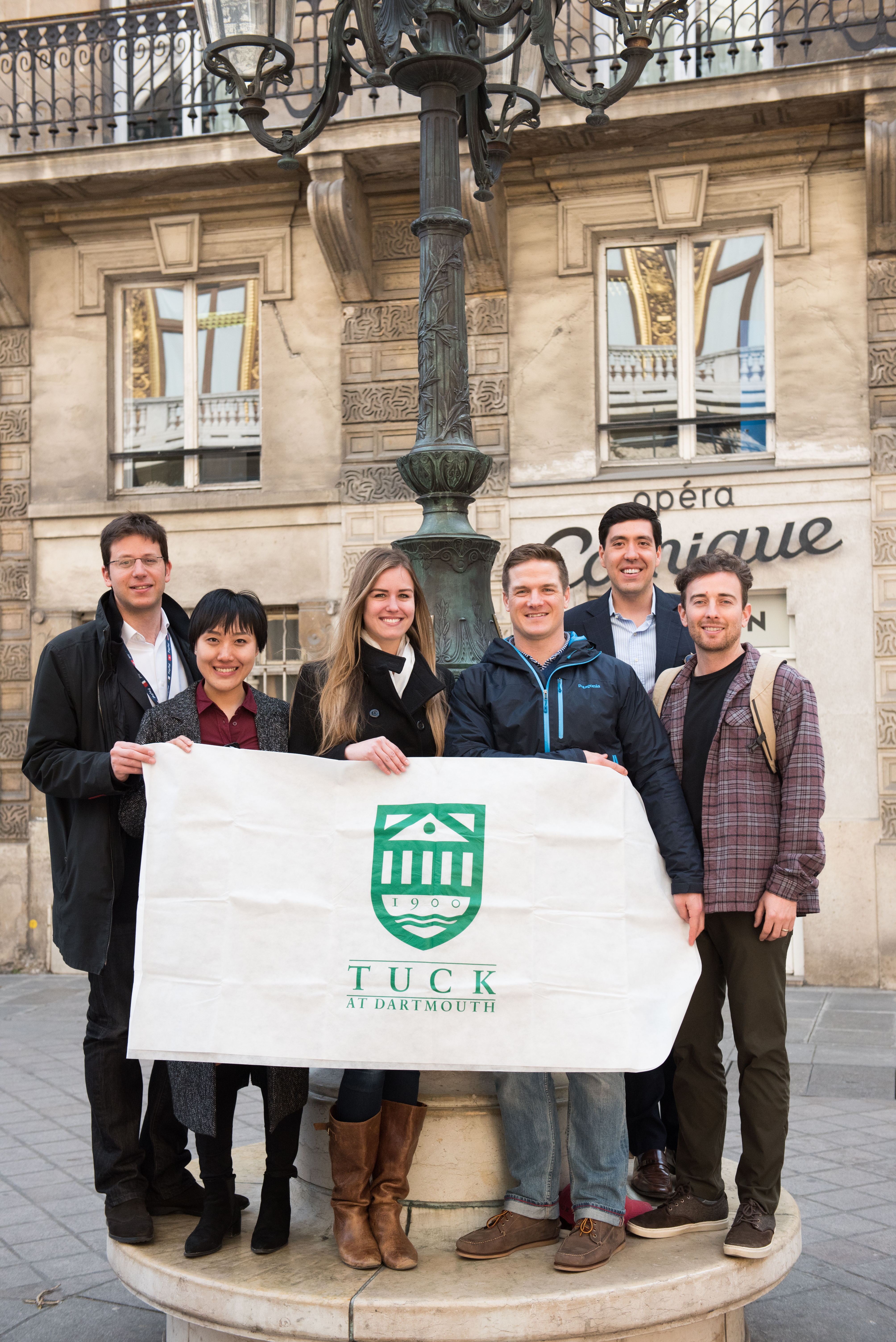 The FYP Team with Francis Barel T’05 (left), head of market growth at PayPal France. 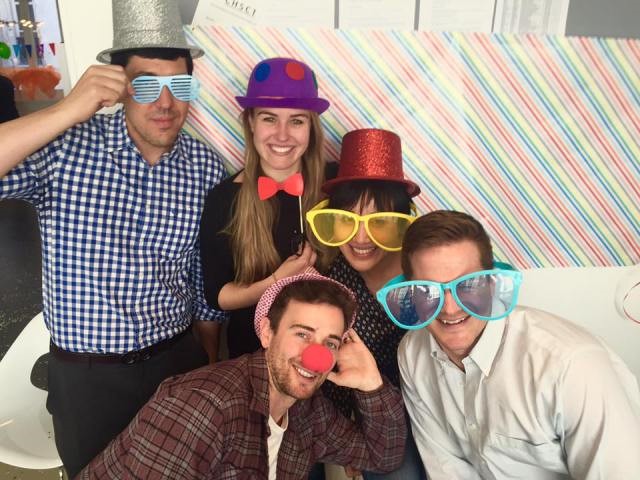 The FYP team enjoying PayPal’s monthly “Great Place to Lunch” party. |
| FROM Tuck Admissions Blog: Five Tuckies Named to Poets & Quants’ Best & Brightest MBAs |
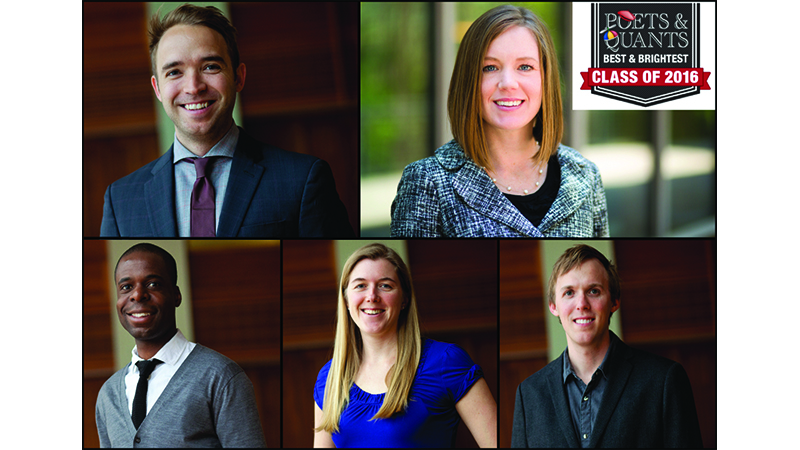 By Justine M. Kohr We're thrilled to share that five second-year students—John Mathias, Alicia Dagrosa, Joseph Ngwenya, Whitney Flynn, and Peter Mathias—have been named to Poets and Quants global list of the Best & Brightest MBAs in the Class of 2016. Poets & Quants describes this year's recipients as "the rock stars of their own classes." Amid never-ending demands, these second years were the ones who were always available to organize events, tutor peers, and recruit future students. They were leaders, volunteers and problem-solvers, who started conversations, challenged conventions, rallied peers, and inspired change. Lauded for their passion, ingenuity, and humility, they were tagged with labels like the "cream of the crop'" and the "total package." By the numbers, this year’s class could be a case study in diversity. Some 57 of the 100 members were women – a milestone considering how women traditionally represent a third of their MBA classes. They hail from 53 different MBA programs globally, representing nearly every school in Poets&Quants’Top 25 American and Top 10 International business programs (only Harvard Business School and HEC Paris declined to participate). Nearly a third (32) of the best and brightest were born overseas, with graduates found everywhere from the blustery plains of Mitchell, South Dakota, to the coastal bustle of Dar es Salaam in Tanzania. Get to know the Tuckies on the list: Whitney Flynn T'16 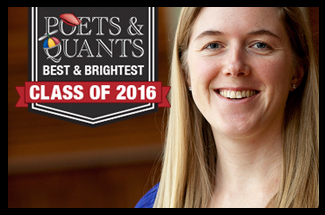 Pete Mathias T'16 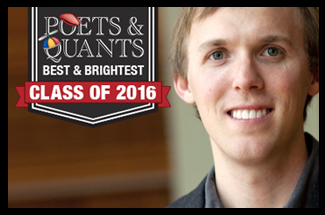 Johnny Mathias T'16 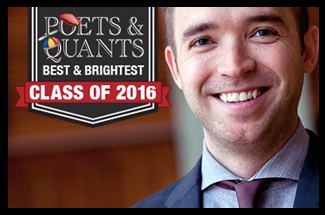 Joseph Mpumelelo Ngwenya 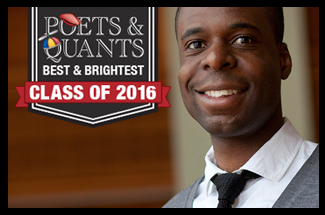 Alicia True Dagrosa 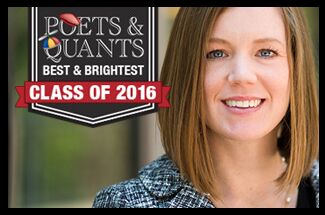 |


| FROM Tuck Admissions Blog: Recent grad? 5 Ways to Prep for Your MBA |
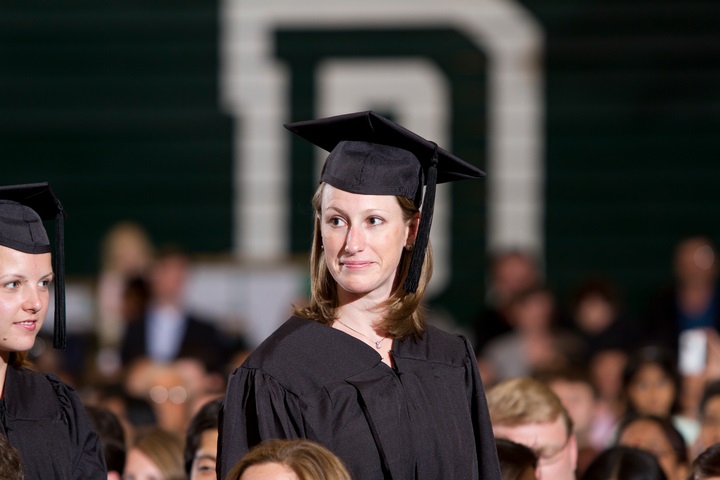 Dear Recent Graduate, First and foremost, congratulations! Inevitably, you’re doing your fair share of (well deserved) celebrating, maybe some reflection or reminiscing, and hopefully taking some time to think about your future. While “I need a job!” might the only thing occupying your mind right now, it’s a great time to start thinking about whether graduate school could be the right move down the road. Unlike some other graduate opportunities, many MBA programs prefer—if not require—full-time work experience before matriculating. With that in mind, here is our graduation gift to you, a recent grad considering the eventual pursuit of an MBA: 5 Ways to Prep for Your MBA
By thinking about these things now, you're putting yourself in an excellent position to stand out within an impressive applicant pool. You’re destined for great things, and we hope you’ll consider using an MBA program to help get you there. Good luck—we hope to hear from you in the future! All the best, Tuck Admissions |

| FROM Tuck Admissions Blog: My Global First-Year Project with PERI in Germany |
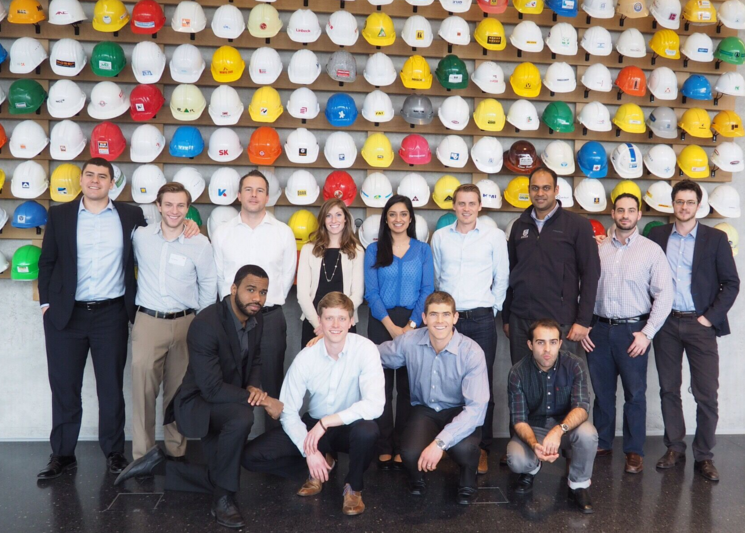 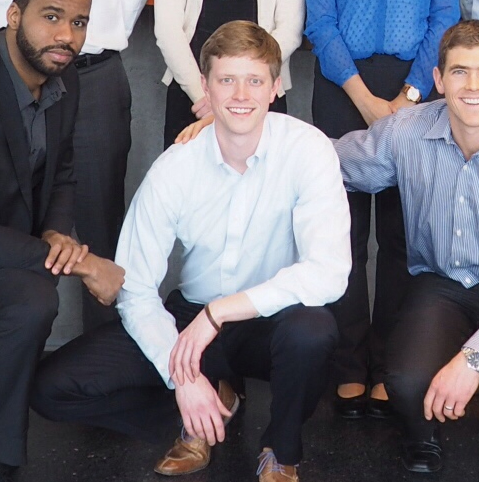 By Nicholas Ritter T'17 Nick Ritter is a second-year student at the Tuck School of Business. Prior to Tuck, Nick worked as an electrical and product engineer for Nabsys, a biotech startup developing genomic sequencing technology. This summer, he will be working with IBM Watson's Life Sciences team in New York, NY. In his free time at Tuck, Nick is a Tripod Hockey Captain, Revers Energy Fellow, and admissions associate. He is also attempting to form a team to compete in the Tobogganing National Championships and hopes to ultimately create a Tuck Toboggan Club. A team of Tuck students and I had the privilege of spending almost two weeks with PERI, a worldwide leading manufacturer and supplier of formwork and scaffolding systems, led by Alex Schwoerer T’02, a Tuck alumnus who is growing his family’s business in Ulm, Germany. To say that PERI was a phenomenal host is an understatement. With meetings that ran like clockwork, dinners in Ulm every night, and complete access to every business unit in PERI, the company generously opened its doors and gave us an inside look into how a successful German company runs. On our first day, Alex and his management team began our visit with a tour of their headquarters and production plant. More than 90 percent of PERI’s formwork and scaffolding material is produced from the Weissenhorn location (just outside of Ulm). From highly automated production lines for making wooden girders to the semi-automated welding processes, PERI has invested significant resources to provide high quality scaffolding at a competitive price. In addition, having its production only a few feet away from the product development, sales, and marketing teams, PERI is able to more effectively integrate and streamline its new products’ life cycles. Unfortunately, given confidentiality reasons,  we were not able to take pictures of the production, but PERI still allowed us to examine every aspect of the process. Finally, we were fortunate enough to spend time with every team from legal to sales, and it was clear from the efficiency in our meetings (e.g. information sharing, timeliness, etc.) that PERI held high expectations for our project’s results. And the adventure did not end with the visit to PERI. Our team spent every night in the quaint, historic town of Ulm, Germany. Alex treated us to traditional German schnitzel, käsespätzle, and weissbier, and we spent a few days touring the area to discover that Ulm is both the birthplace of Albert Einstein and has the tallest church in the world. Not to mention, the people of Ulm were both friendly and accommodating in every possible way. For anyone considering an international FYP project next year, I highly recommend that you apply for this project. It was the perfect way to experience Bavaria and connect with new people in a foreign country. Finally, I cannot give enough credit to the PERI team for how helpful and generous they were with their time and resources. Gerd and Carl, PERI’s Middle East representatives, spent the entire week in Germany solely for our project. Alex’s assistant, Jan, hosted us for dinner several times and fulfilled every request we had for meeting with experts within the company. Also, anytime we wanted to speak with a PERI employee, we could reach them within minutes and setup a meeting immediately. Not only were all of PERI’s employees willing and able to answer our questions, but we could tell that they genuinely enjoyed meeting with us and were passionate about PERI’s products. All in all, this was a tremendous experience. I wish we could have stayed longer, and I left Germany excited that we could spend the next three months working with PERI from Hanover, NH. Last but not least, PERI surprised me with a birthday wish (see below)! 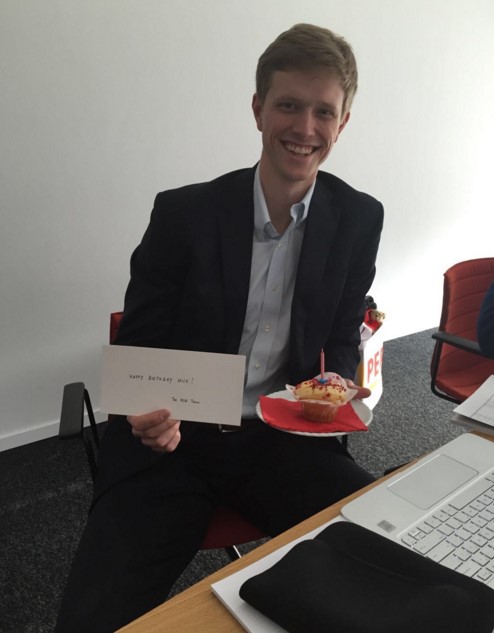 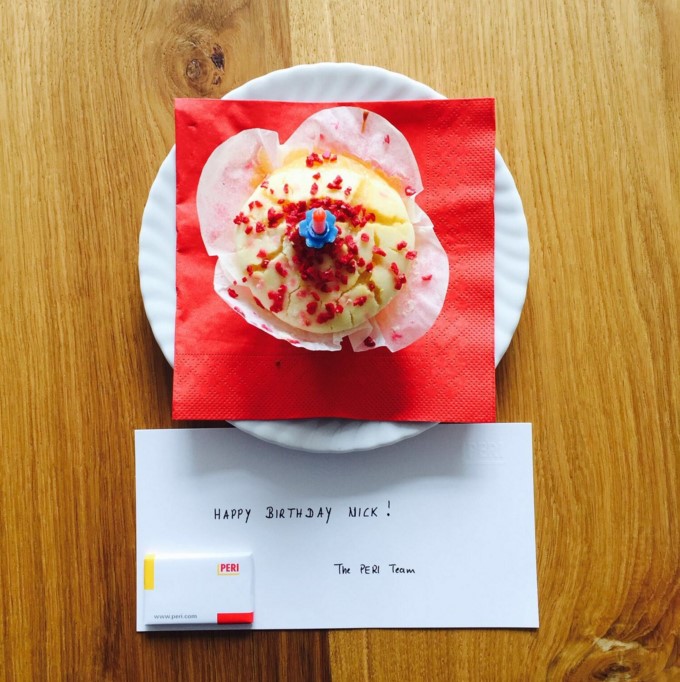 What's a First-Year Project? We had a team of students who worked with Under Armour for their FYP explain. |

|
|
||
|
Hi Generic [Bot],
Here are updates for you:
ANNOUNCEMENTS
Tuck at Dartmouth
|